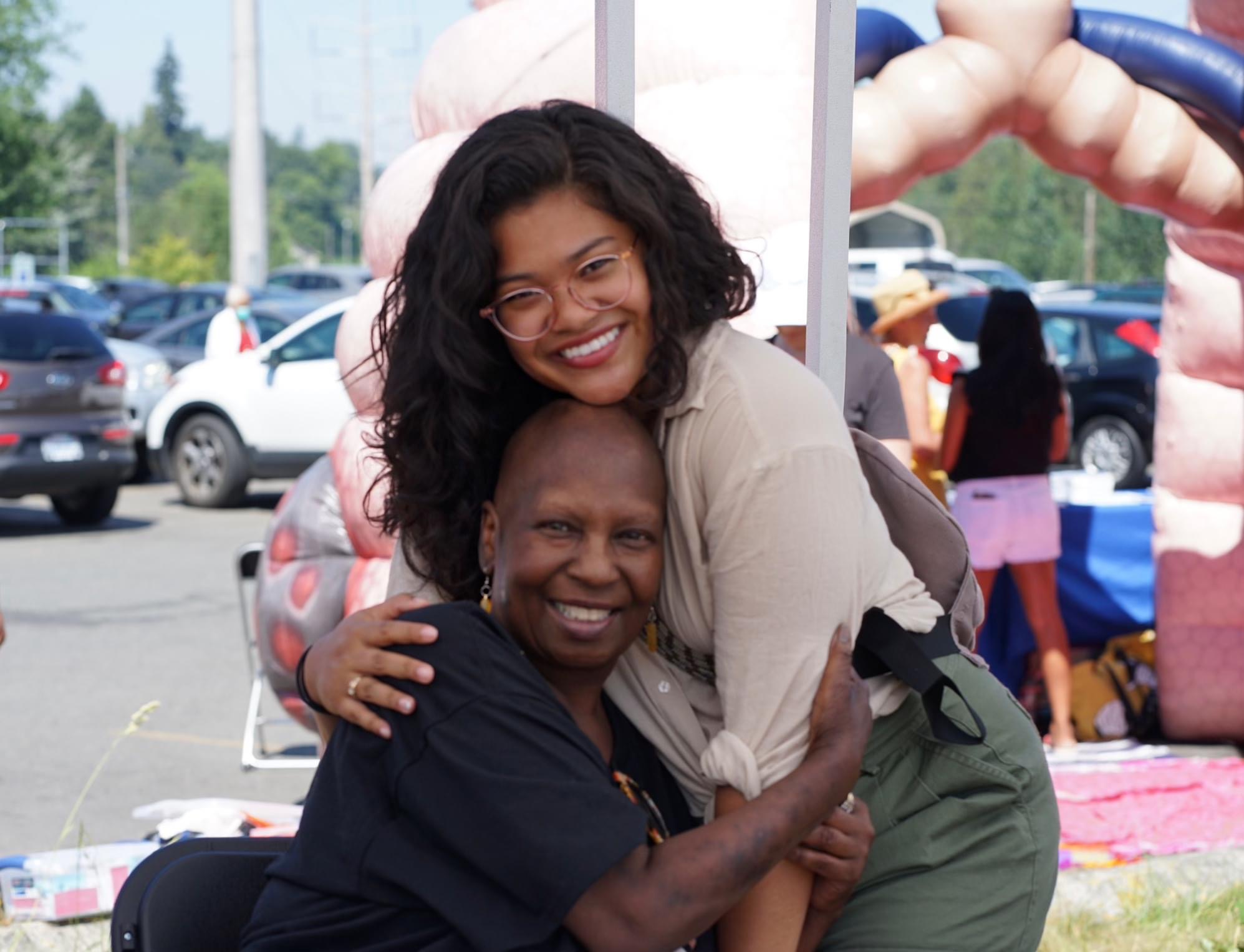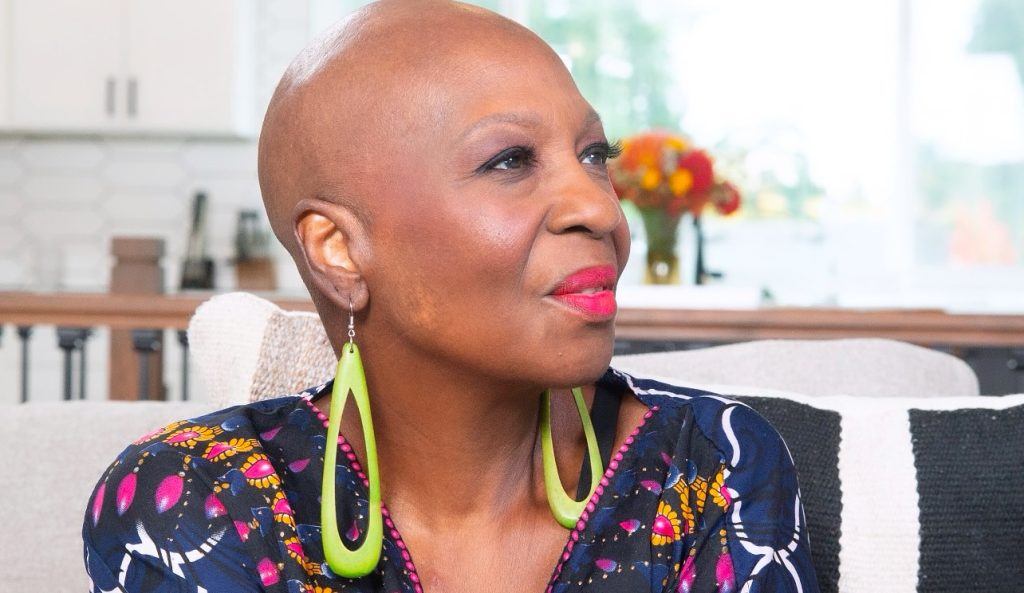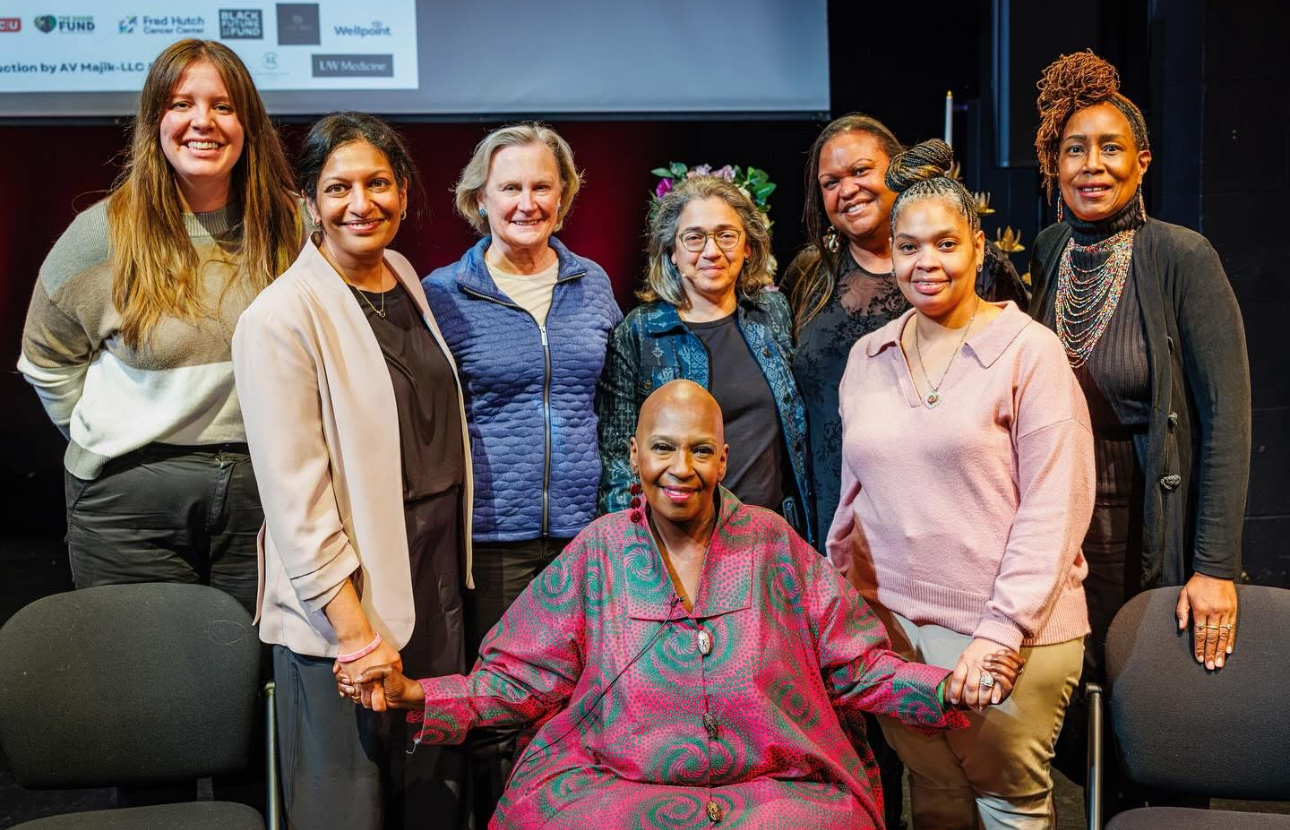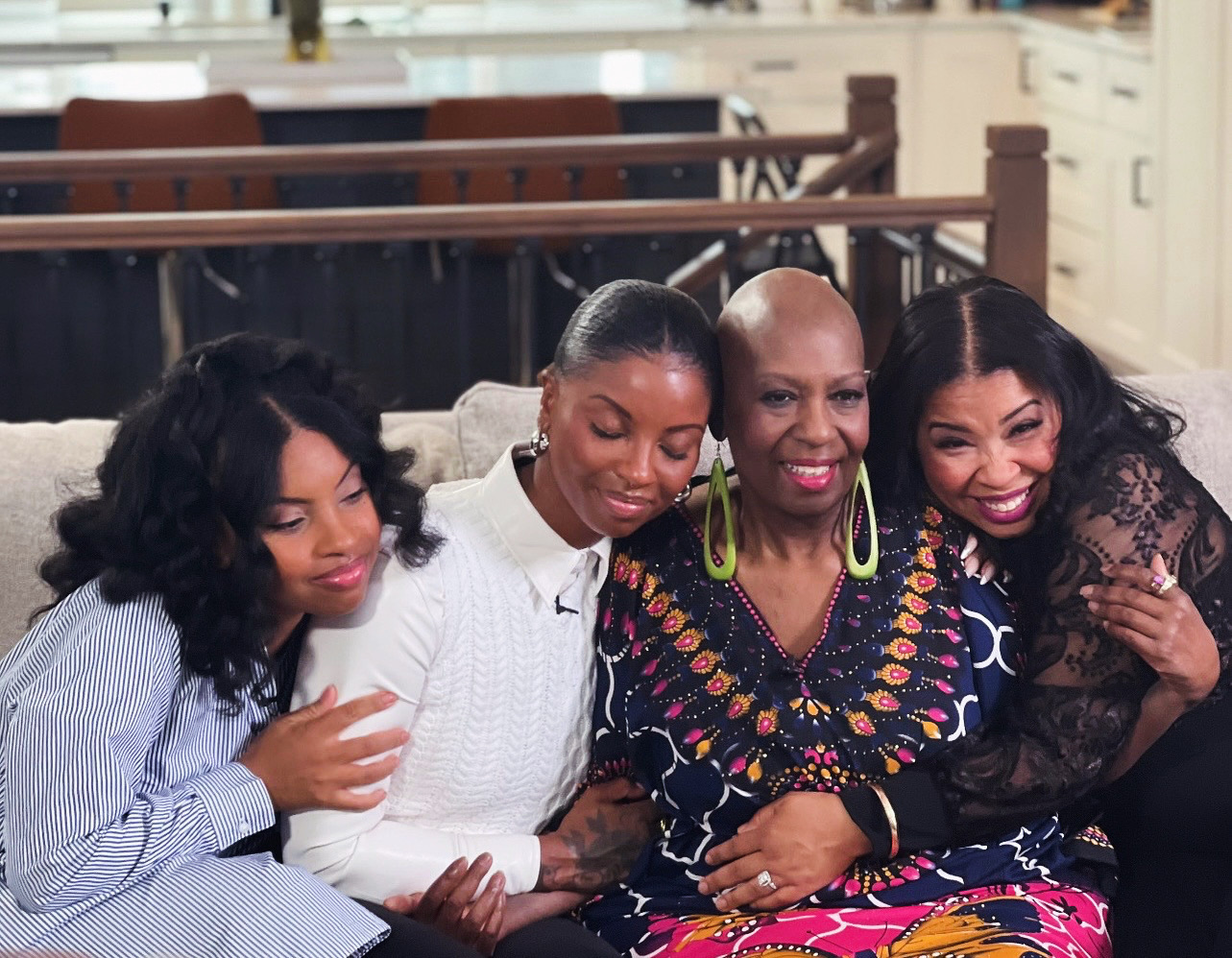Explore our range of services designed to support, inform, and empower. From expert guidance and educational resources to community outreach and personalised assistance.
The best defense against breast cancer starts with you! We recommend these steps for early detection.



The best defense against breast cancer starts with you! We recommend these steps for early detection.



Please visit any of these helpful links for more information:
Below the age of 50: